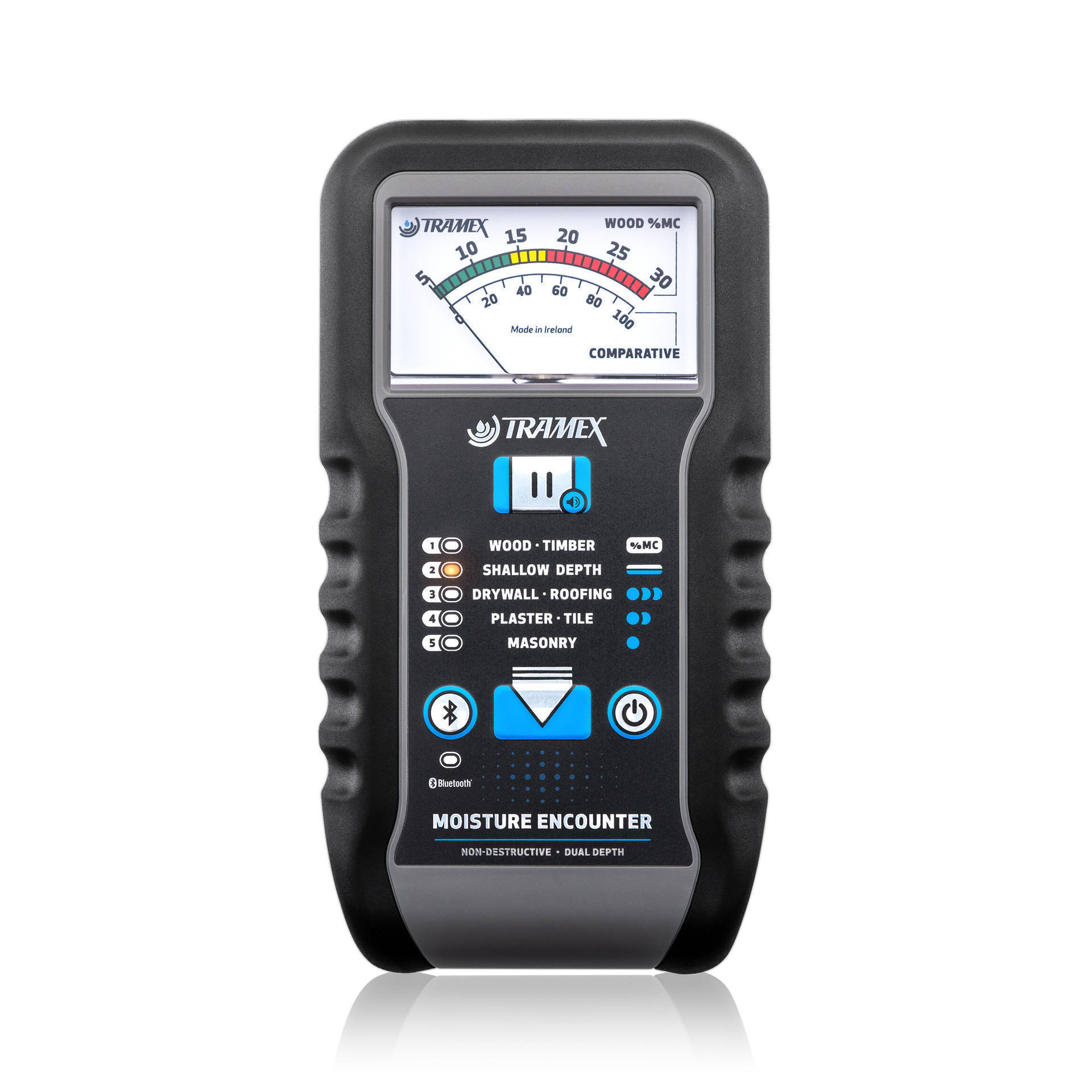The Scientific Research Behind Moisture Meters: Exactly How They Work and Why They're Necessary
The Scientific Research Behind Moisture Meters: Exactly How They Work and Why They're Necessary
Blog Article
The Ultimate Overview to Dampness Meters: A Comprehensive Overview and Just How They Can Conserve You Cash
In the world of structure maintenance, construction, and various industries, the significance of accurately determining moisture levels can not be overstated. Moisture meters serve as indispensable tools in discovering and checking moisture content in products, assisting in preventing pricey damages and ensuring the high quality of products. Recognizing the subtleties of various types of dampness meters, their applications, and the potential cost-saving advantages they use can be a game-changer for organizations and experts alike. Uncovering how these gadgets can not only simplify processes however additionally add to financial savings is a trip worth starting.
Kinds Of Dampness Meters
One common type is the pin-type dampness meter, which measures the electrical resistance in between two pins placed right into a material. Pinless dampness meters, on the other hand, use electromagnetic sensing unit plates to check a bigger location without triggering damage to the material's surface.

Infrared wetness meters determine the thermal properties of a material to identify its moisture material non-invasively, making them valuable for applications where pin or pinless meters may not be ideal. Comprehending the various kinds of wetness meters available can help sectors select the most ideal tool for their details moisture dimension needs.

Benefits of Utilizing Wetness Meters
Wetness meters use very useful benefits in properly analyzing and keeping an eye on dampness levels in varied materials and settings. One of the key benefits of making use of dampness meters is the prevention of potential damage caused by excess dampness.
Furthermore, utilizing wetness meters can lead to increased power performance. In agricultural settings, moisture meters play an important function in maximizing plant yields by making it possible for farmers to check soil moisture levels and make informed irrigation decisions.
Just How to Choose the Right Wetness Meter
Choosing the ideal wetness meter entails taking into consideration essential aspects such as material compatibility, dimension variety, and calibration precision. When picking a dampness meter, it's vital to guarantee that the meter is suitable for the certain material you will certainly be testing. Different products have varying electrical homes that can impact dampness analyses, so selecting a meter made for your material is essential for accurate results. Furthermore, think about the measurement variety of the moisture meter. Make certain that the meter can identify wetness degrees within the array required for your applications. Calibration precision is another essential variable to keep in mind. Choose a wetness meter with trustworthy calibration to ensure consistent and exact analyses. Some meters may need periodic calibration adjustments, so understanding the calibration process is essential. By meticulously assessing these aspects, you can choose a moisture meter that meets your demands and offers precise dampness dimensions for your projects.
Proper Strategies for Dampness Meter Usage

Cost Financial Savings With Wetness Meter Applications
Exactly how can the tactical application of dampness meters lead to considerable price financial savings across different industries? In the farming sector, wetness meters help in identifying the optimal time for gathering crops, avoiding excess or over-drying dampness that can influence the last product's high quality.
Similarly, in building and construction, dampness meters assist stop pricey problems by detecting dampness levels in structure materials, such as wood or concrete, which can result in structural concerns otherwise resolved promptly. By identifying trouble locations beforehand, service providers can take corrective procedures to stay clear of comprehensive fixings or replacements, inevitably conserving time and money.
Furthermore, in the food handling market, dampness meters are essential for keeping track of item top quality and making certain compliance with safety and security guidelines. By accurately measuring dampness material in food, suppliers can protect against putridity, preserve freshness, and lower waste, resulting in significant price financial savings. Generally, the critical application of moisture meters is a valuable investment that can lead to substantial price decreases and enhanced efficiency throughout numerous markets.
Conclusion
To conclude, dampness meters are important devices for identifying and measuring wetness levels in different materials. By making use of the appropriate dampness meter and adhering to appropriate techniques, customers can properly prevent costly problems triggered check my blog by excess dampness. Buying a top quality wetness meter can cause considerable price savings over time by identifying potential concerns at an early stage and enabling timely removal. Eventually, dampness meters are important instruments for keeping the stability and longevity of products and frameworks.
Dampness meters serve as crucial tools in discovering and keeping track of moisture content in materials, helping other in stopping expensive damages and guaranteeing the quality of products. Infrared wetness meters measure the thermal buildings of a material to determine its dampness material non-invasively, making them useful for applications where pin or pinless meters may not be ideal.Moisture meters use indispensable benefits in properly keeping track of and examining moisture degrees in diverse products and settings. In agricultural setups, moisture meters play an essential function in optimizing plant yields by making it possible for farmers to keep track of dirt dampness levels and make informed irrigation choices.In verdict, wetness meters are valuable devices for detecting and gauging dampness degrees in numerous products.
Report this page